Caribbean police join forces against gender-based violence
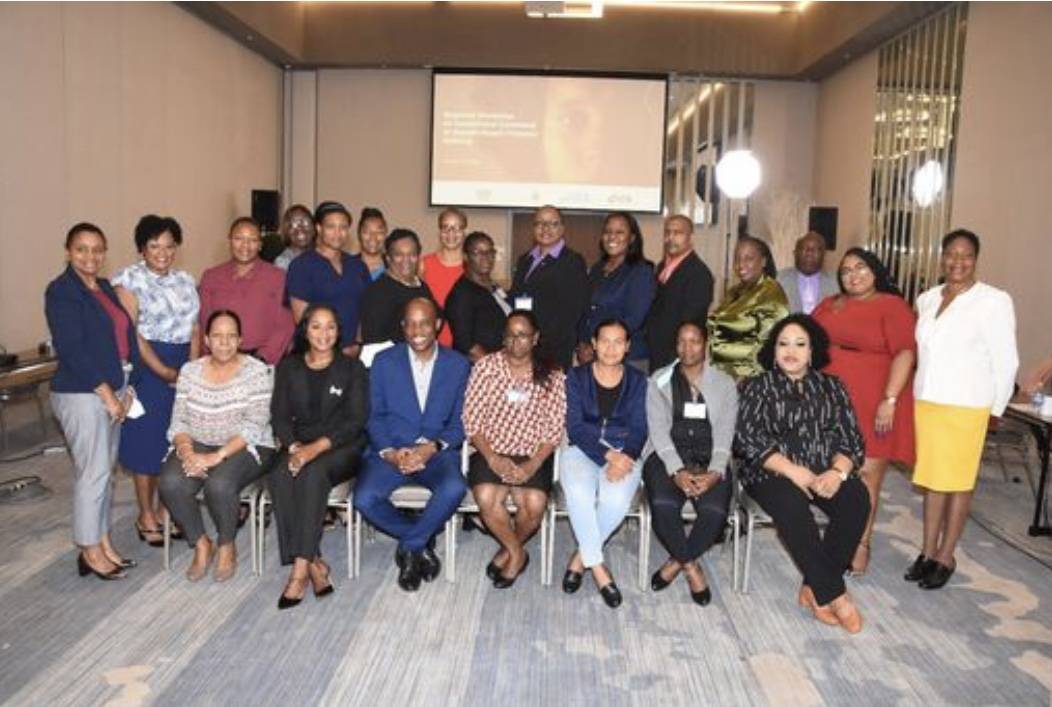
Caribbean police forces created a community of practice to improve responses and mitigation measures against gender-based violence in their region, at the Regional Workshop on Operational Command of Gender-Based Violence Policing in the Caribbean. The event aimed to foster an ongoing exchange of knowledge, experiences and best practices for gender-based violence policing among officers from different countries.
The commitment to continue collaboration came at the close of the knowledge exchange workshop hosted by the Jamaica Constabulary Force—in partnership with the Inter-American Development Bank (IDB) and UN Women in Jamaica—on July 18-22, 2022.
Using real-life scenarios, expert facilitation and site visits, the workshop sought to enhance the technical skills of dedicated domestic and sexual violence units in the six IDB member countries in the Caribbean: The Bahamas, Barbados, Guyana, Jamaica, Suriname and Trinidad and Tobago. The workshop trained officers on better day-to-day management of cases and created a network of officers to share successful initiatives among countries.
National women’s health surveys conducted in five Caribbean countries—Guyana, Jamaica, Suriname, Trinidad and Tobago, and Grenada—have found that six of ten survivors of physical and sexual intimate partner violence do not seek help or support from any agency or authority, but that those who do seek help go to the police.
“The scope and complexity of gender-based violence requires collaboration across government institutions in developing multifaceted and integrated service delivery models. The IDB is pleased to support this initiative, which brought together senior law enforcement officers from across the Caribbean to work collectively to reduce gender-based violence,” said Lorenzo Escondeur, acting IDB Country Representative in Jamaica.
Major General Antony Anderson, Commissioner of Police of the Jamaica Constabulary Force, said creating a regional network of gender-based violence unit leaders is a step forward for the Caribbean: “It was a pleasure to host this workshop in Jamaica, where our multi-lateral and bi-lateral partners came together and did something that is important not only for Jamaica, but for the region and the world. Within the JCF, we have become more prescriptive in our approach as it relates to the processes of victim management, reporting and accountability. But we have to work together - to find solutions, to share knowledge, processes and procedures - so that this matter of gender-based violence and the policing of it can be properly addressed.”
Tonni Brodber, Representative, UN Women Multi-Country Office-Caribbean said: “All jobs in our society are important, but the police have a particular importance. The police are the most accessible face of our justice system. Without justice and trust in our justice systems our societies crumble. It is a delicate balance in post slave, colonial and indentureship spaces, and with power comes responsibility. Therefore, UN Women and our sister UN agencies work with the police, the judiciary, the health sector, civil society, the private sector and the government because, while a critical partner, the police alone should not be expected to end this scourge.”
The recent workshop is the first part of two international learning and engagement events for senior law enforcement officers who manage DDSVUs. The second is a fellowship program with the University of Toronto in September 2022. The fellowship involves two weeks of training on integrated service delivery models for intimate partner violence and first-hand experience through being embedded in DDSVUs throughout the province of Ontario.


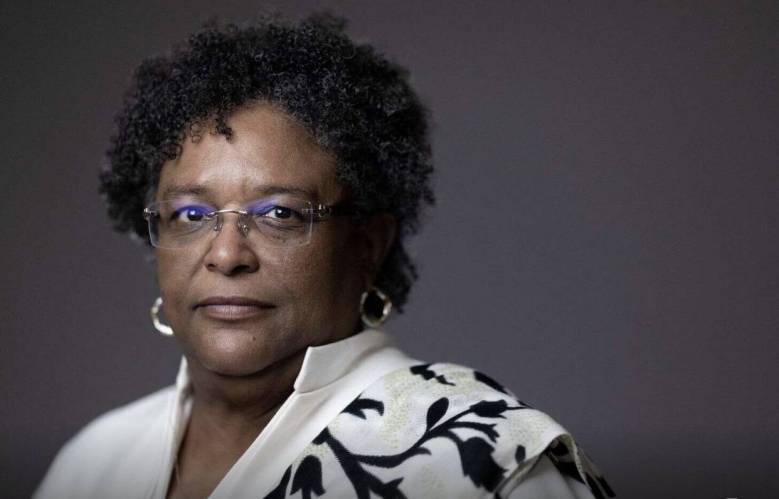
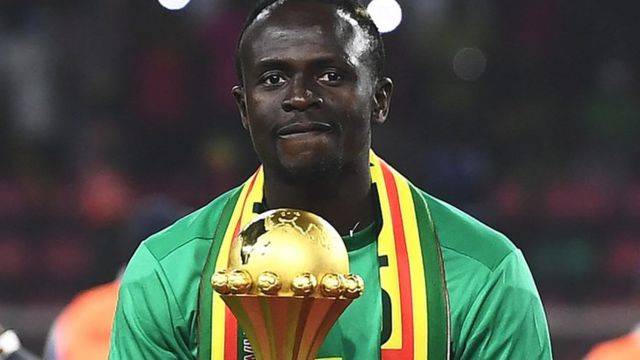
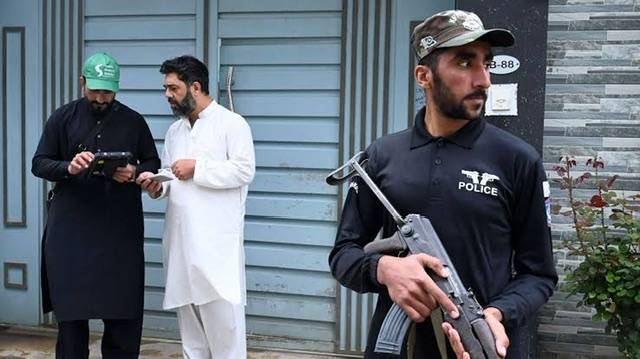
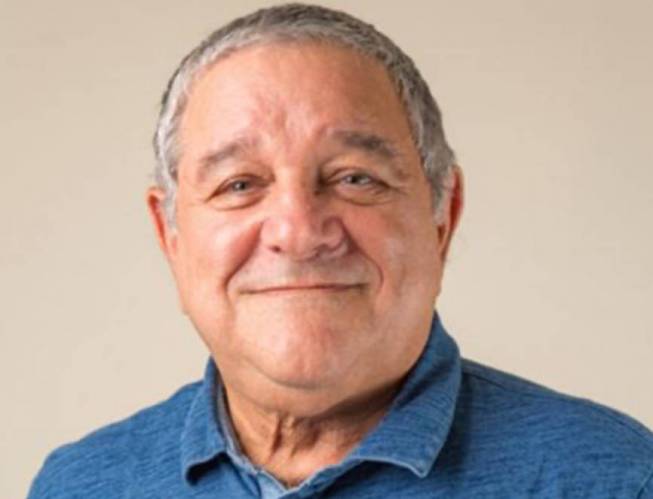
0 Comment